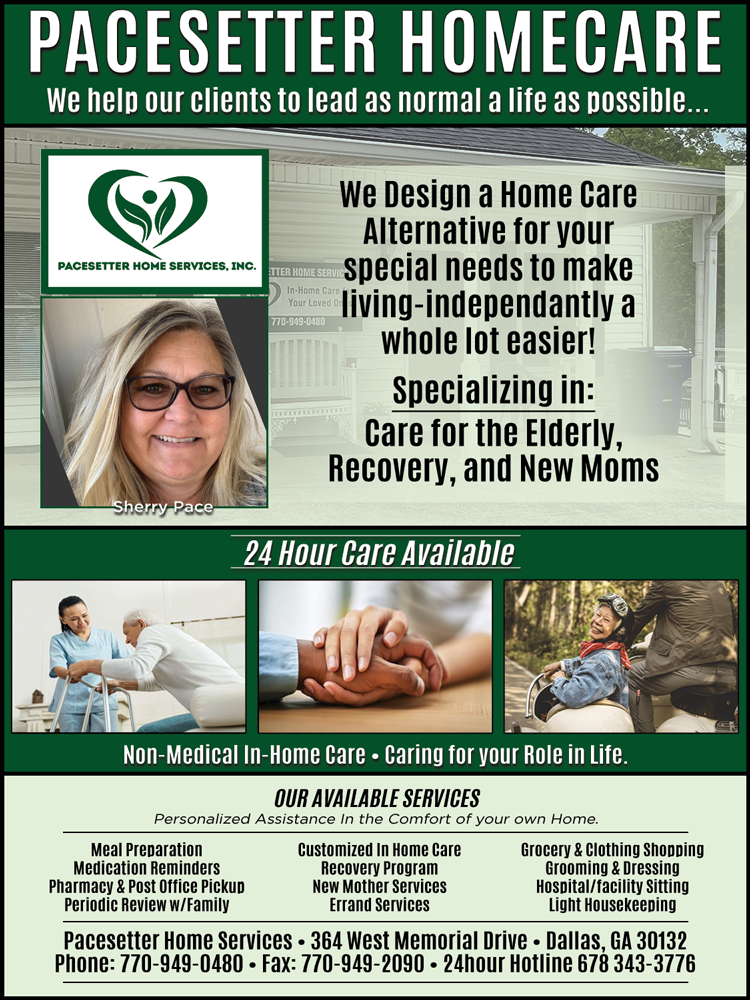The opioid crisis is hitting hard, and it's not just a headline—it's a reality, especially in places like Georgia where the numbers are particularly stark. But there's a part of this story that doesn't get talked about enough: how it's affecting our seniors, those folks who rely on Medicare for their health needs. Many of them are prescribed opioids to deal with chronic pain or the aftermath of surgery, and sadly, it's all too easy for them to get hooked.
Here's the silver lining, though: we're on the cusp of something big, something that could change the game. Pharmaceutical advancements are ushering in the era of new pain treatments that don't have the addictive pitfalls of opioids. The FDA is close to giving the green light to these alternatives, which could be a game-changer for everyone, especially our older population.
Now, you might be thinking, "Great, problem solved!" But there's a catch—making sure everyone who needs these treatments can actually get them. That's where the government comes in. A bipartisan push in Washington is aiming to ensure that these new drugs are covered by Medicare, thanks to the Alternatives to Prevent Addiction in the Nation Act, or the Alternatives to PAIN Act for short.
But let me share something from my own experience that adds another layer to this conversation. Running a risk reduction school has given me a unique perspective on addiction. It's a vantage point not many Americans see—a close-up of the human side of this crisis. Through this work, I've witnessed firsthand the struggle, the resilience, and the raw humanity of those battling addiction. It's a world where every victory is hard-won and every setback is deeply felt. This experience has only deepened my conviction that we must do everything in our power to prevent addiction before it starts and provide compassionate support for those in the throes of it.
We can't just sit back and hope for the best. We need action, both at the federal level and right here at home, to make sure that these potentially life-saving treatments are accessible and affordable. It's one thing to have a solution; it's another to make sure it reaches the people who need it most.
The truth is, that the opioid crisis has left too many families in Georgia and beyond facing unimaginable pain and loss. It's high time we stand up for those at risk by ensuring they have access to safer, non-addictive pain management options. By supporting efforts like the Alternatives to PAIN Act, we're not just fighting against opioid addiction; we're fighting for a future where managing pain doesn't have to come with such a high risk. So, let's get behind this movement and make sure our voices are heard. It's not just about policy—it's about protecting our loved ones from the grip of addiction. Through my eyes, I've seen the faces behind the statistics, and it's clear that we can't afford to wait any longer to act.
Signed by Representative Martin Momtahan


















